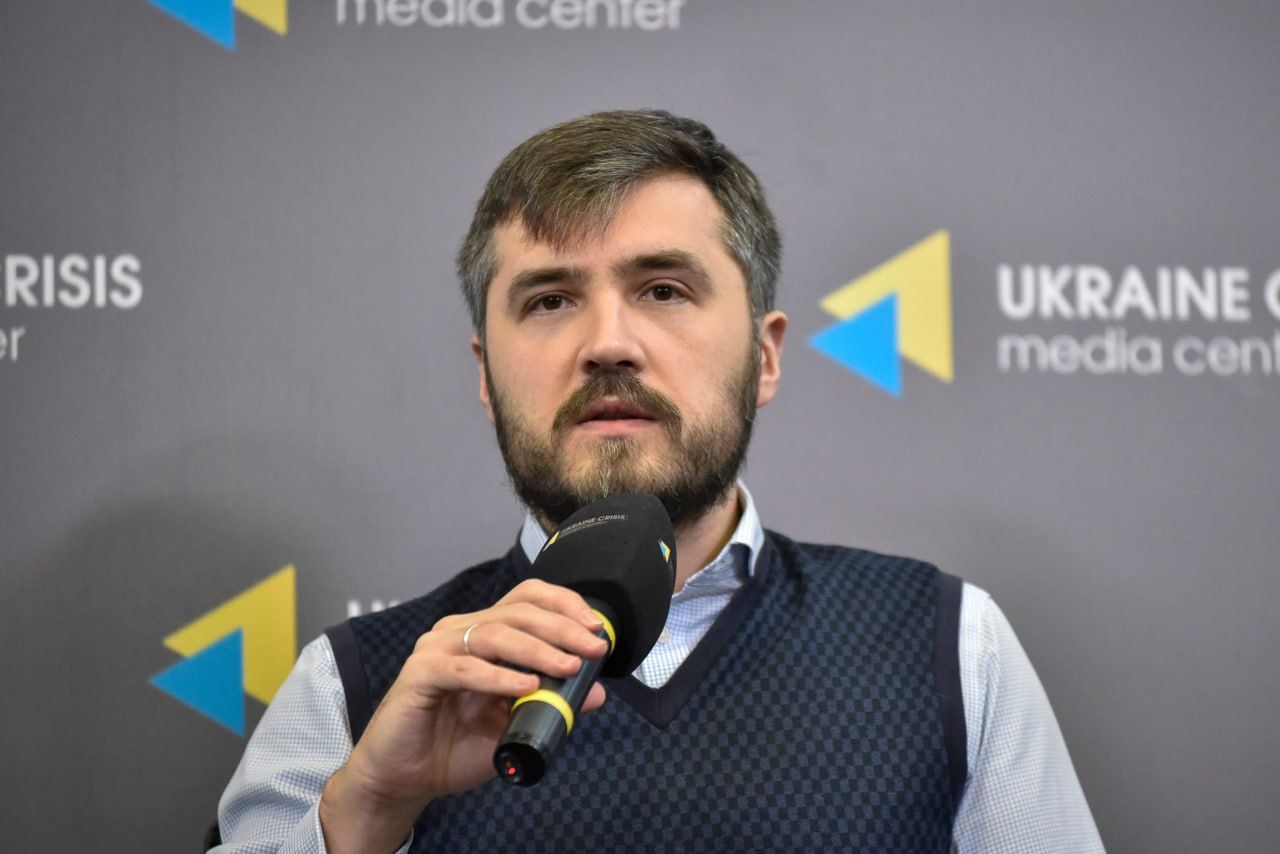Discussion on the situation in the religious sphere in Ukraine amid the full-scale war held at the Ukrainian Crisis Media Center
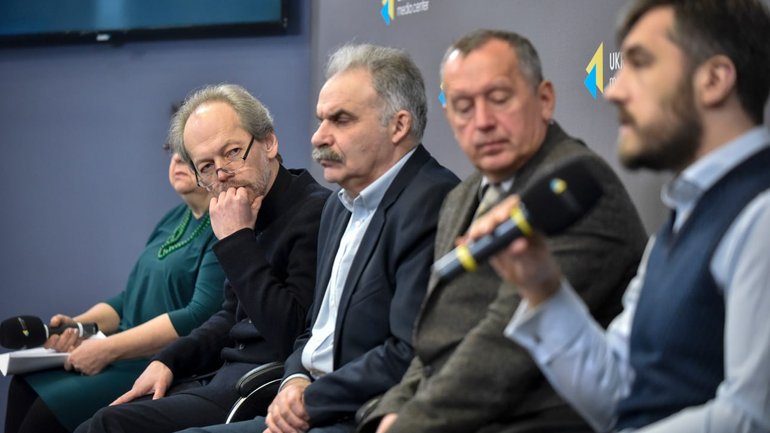
According to information from the State Service of Ukraine for Ethnopolitics and Freedom of Conscience, the president of the Ukrainian Association of Religious Studies, Professor Lyudmila Fylypovych, opened the press conference and moderated the event.
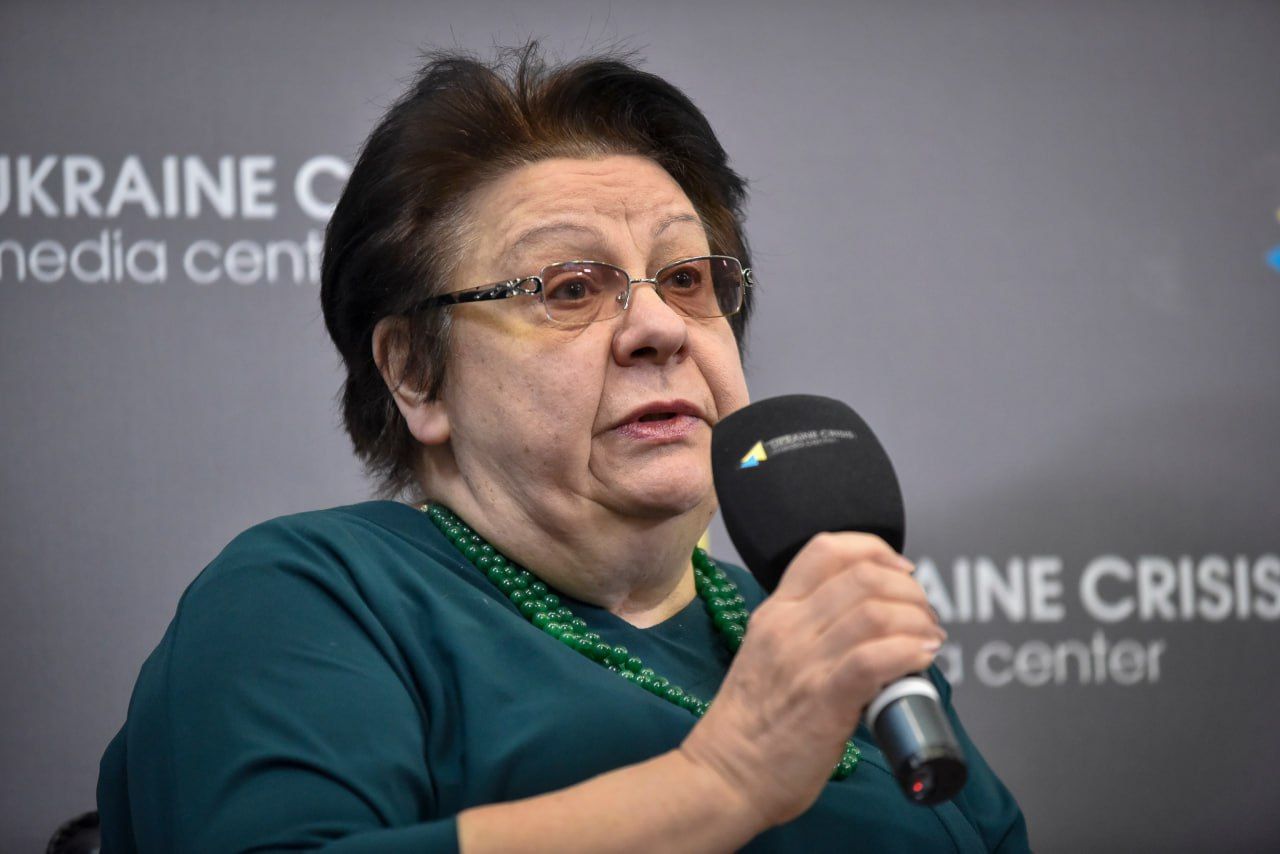
Victor Yelensky, the head of the State Service of Ukraine for Ethnopolitics and Freedom of Conscience, highlighted the challenges faced by fellow citizens in the occupied territories. He mentioned the destruction of hundreds of churches, the killing of priests and believers, and the displacement of entire communities, including Baptists and Pentecostals, who are forced to become refugees.
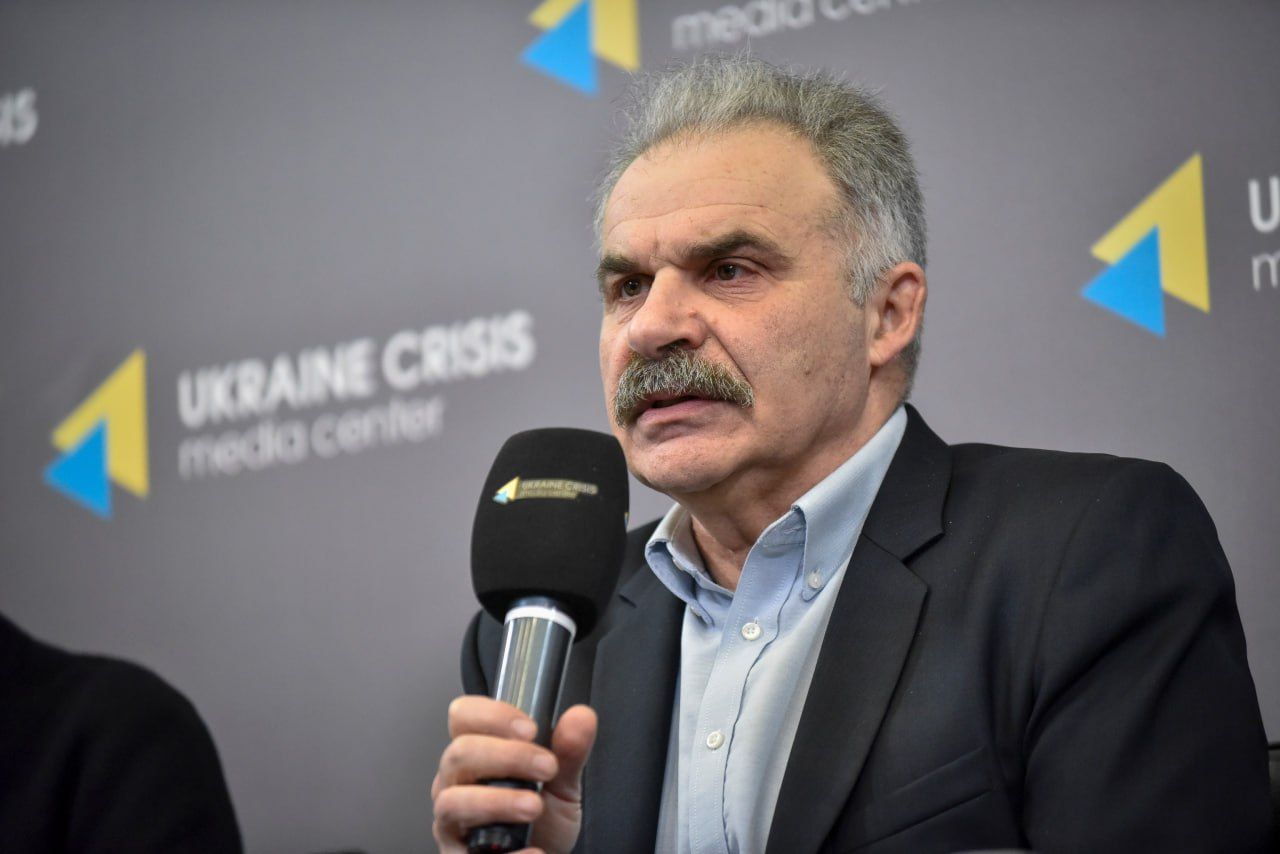
Yelensky emphasized Ukraine's historical role as a haven for those persecuted for their religious beliefs. Despite recent claims by representatives of the Russian Orthodox Church (ROC) in Brussels about religious persecution in Ukraine, Yelensky explained that the proposed law, Bill 8371, is not discriminatory. Instead, it aims to protect Ukraine from the influence of the administrative center of the religious organization of the aggressor state. If this connection is severed, the Ukrainian Orthodox Church (Moscow Patriarchate) will continue its activities in Ukraine; otherwise, state authorities will seek to terminate its existence through legal means.
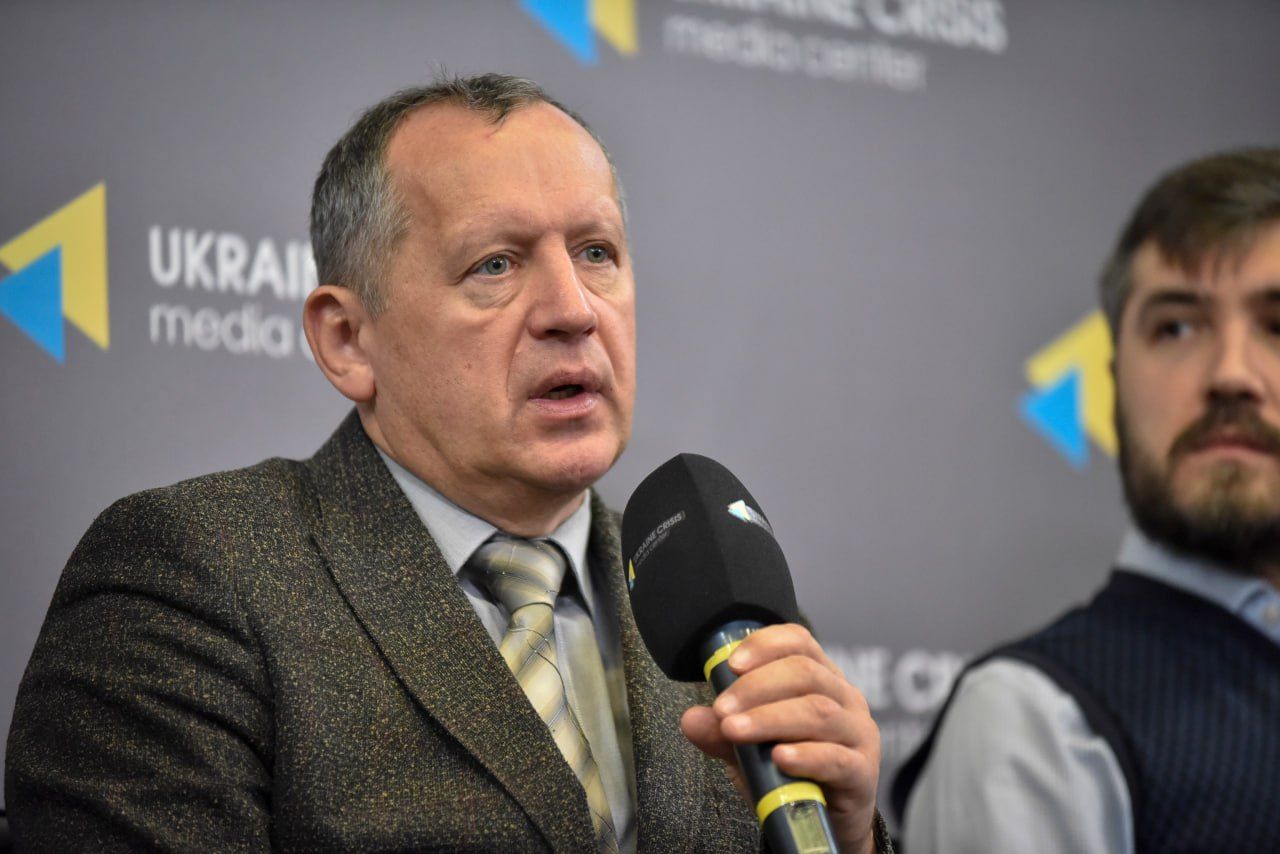
Oleksandr Sagan, the head of the Department of Religious Studies at the Institute of Philosophy named after G. S. Skovoroda of the National Academy of Sciences of Ukraine, discussed quantitative and qualitative changes in religious life in Ukraine. He emphasized the increase in disinformation, or "fake news," regarding religious freedom in Ukraine, which aims to portray Ukraine negatively abroad. Sagan stressed the need for quality analysis and experts in religious studies to counteract false narratives.
Sagan also highlighted the issue of the shortage of qualified personnel in the field of religious studies and called on civil society institutions to address this problem.
Father Georgiy Kovalenko, the rector of the Open Orthodox University of St. Sophia-Wisdom, focused on the topic of spiritual mobilization. He argued that mobilization should encompass all of society as an ascetic program based on virtues. He emphasized the role of the Church in creating programs for spiritual recovery and providing assistance to widows, orphans, and morally and spiritually affected individuals.
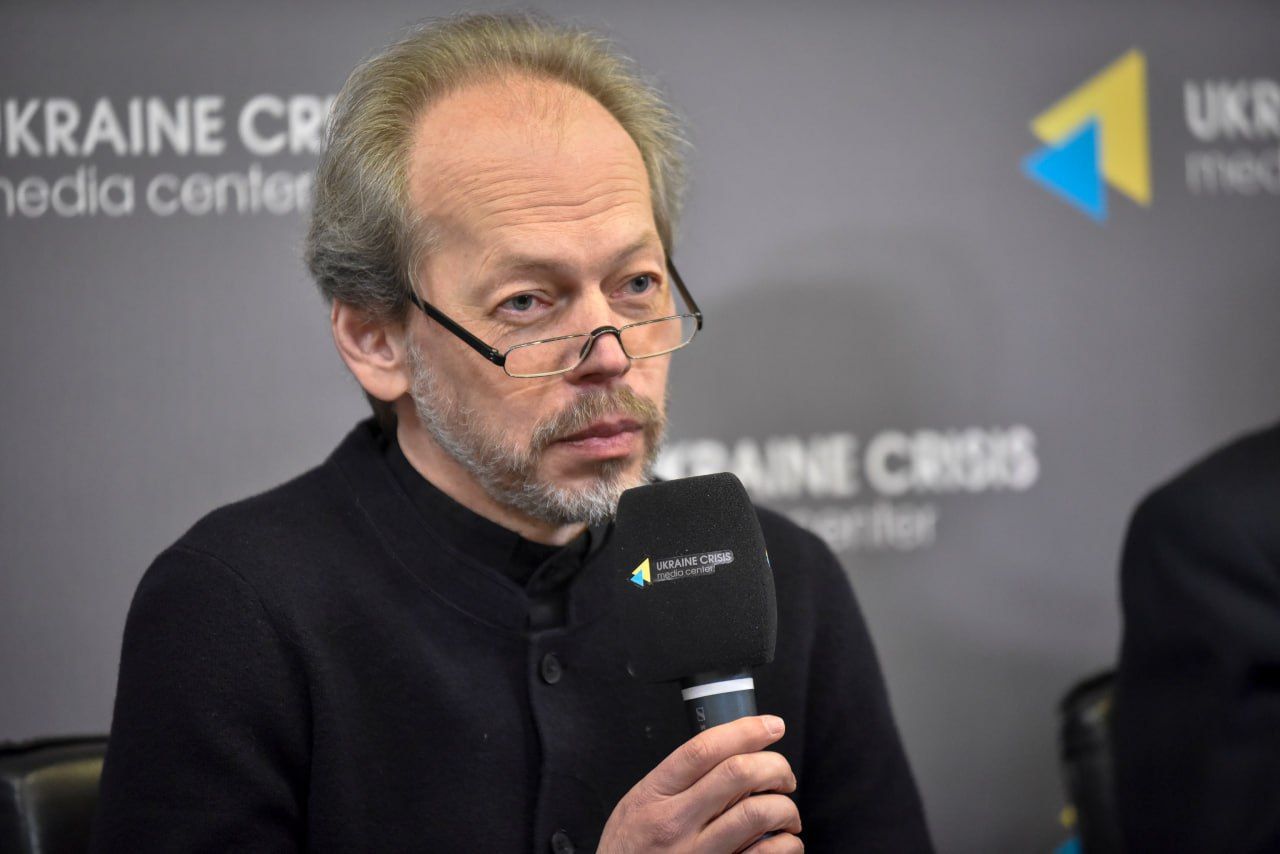
Ruslan Khalikov, the head of the "Religion in Fire" project and a religious studies expert, discussed the details of documenting war crimes in the religious sphere. He mentioned the destruction of over 500 religious structures, with 9% completely destroyed and 16% damaged beyond repair. Notably, almost half of these damages were attributed to the Ukrainian Orthodox Church (Moscow Patriarchate), and Khalikov emphasized the need for the restoration of religious minority organizations with the support of civil society.
The speakers also addressed the challenges of rebuilding religious organizations, the importance of international support, and the role of civil society in ensuring religious freedom in Ukraine during the full-scale war.
